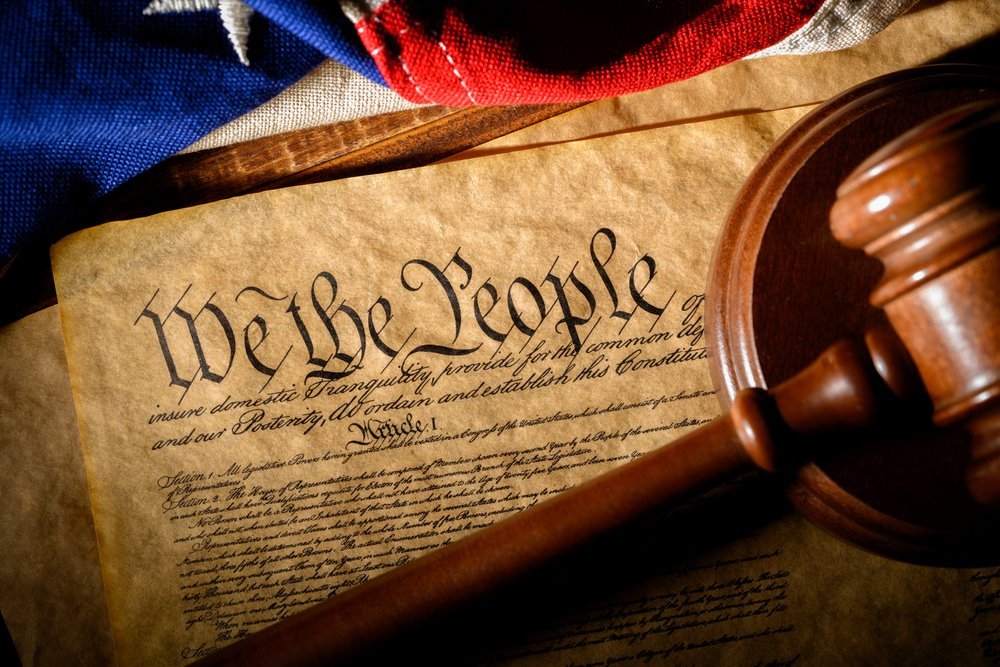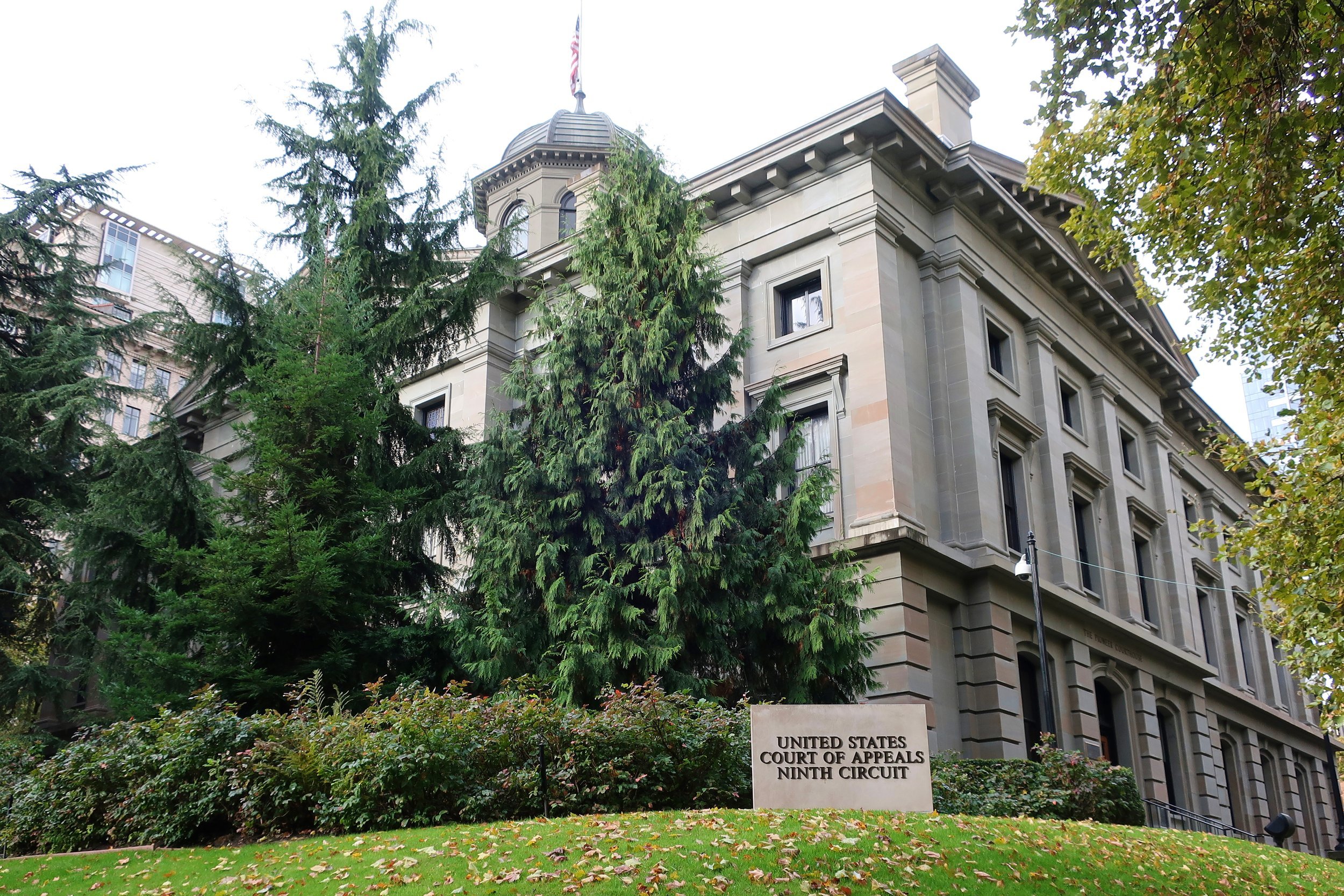Supreme Court to Reconsider Chevron
Armed with the account identifiers, the Federal Bureau of Investigation (FBI) sought search warrants requiring Facebook to disclose various records and voluntarily disclosed information.
Supreme Court to Consider Petition for Writ of Certiorari to Clarify the Parameters of an Excessive Force Claim
Armed with the account identifiers, the Federal Bureau of Investigation (FBI) sought search warrants requiring Facebook to disclose various records and voluntarily disclosed information.
Prohibit Acquitted Conduct From Enhancing Criminal Penalties, Petition Asks Supreme Court
A convicted criminal with support from politically conservative organizations has asked the U.S. Supreme Court to “put an end” to the judicial practice of enhancing criminal penalties based on jury-acquitted conduct.
Sixth Circuit Holds that Suspicionless Chalking Car Tires for Parking Enforcement Violates the Fourth Amendment
Saginaw, a city in Michigan, chalked car tires to enforce parking regulations. Recently, the U.S. Court of Appeals for the Sixth Circuit considered whether suspicionless tire chalking is a valid administrative search.
Eleventh Circuit Reverses Itself on ‘Ultimate Discovery’ Standard of Proof
To establish the “ultimate discovery” exception to the exclusionary rule, the government must prove the exception by a “preponderance of the evidence,” the Eleventh Circuit recently held in an en banc decision. The full-court decision reversed forty-one years of Circuit precedent.
Federal Circuit Knocks Down VA’s Interpretation of 2017 “Accountability” Law
In two opinions issued on August 12, 2021, the United States Court of Appeals for the Federal Circuit found that the Department of Veterans Affairs erroneously interpreted the provisions of the Department of Veterans Affairs Accountability and Whistleblower Protection Act of 2017 when disciplining its employees. The purpose of the 2017 law, codified at 38 U.S.C. § 714, was to provide for expedited discipline of VA employees, strip MSPB of its authority to mitigate the VA’s chosen penalty, and to impose a less rigorous burden of proof on the agency at the appellate level than a traditional MSPB appeal.
Seventh Circuit: Warrantless Public Pole Camera Surveillance Is Not An Unlawful Search Under The Fourth Amendment
From 2013 to 2016, several law enforcement agencies investigated a methamphetamine distribution conspiracy in Illinois. The government installed three cameras on nearby utility poles to monitor the home of defendant Travis Tuggle. Two cameras viewed the front of Tuggle’s home and a nearby parking area. The third camera viewed a shed owned by codefendant, Joshua Vaultonburg.
Supreme Court Asked to Consider Relevance of Officer Training, Subjective Knowledge to Qualified Immunity Defense
Whether law enforcement officers are entitled to qualified immunity when they knowingly violated their training by retaliating against a person for filming an arrest the officers made in public, was submitted this month for the U.S. Supreme Court’s consideration.
Seventh Circuit: Facebook’s Reporting of Child Pornography Does Not Make It a Government Actor
In 2018, Alexander Bebris sent messages to a woman via Facebook Messenger, a private messaging system on Facebook. Facebook Messenger utilizes PhotoDNA, a Microsoft image-recognition program that provides the capability to scan images uploaded onto the company’s platform and compares the “hash,” or essence of a photo, with a database of known images of child pornography. After a “hit,” Facebook reviews the flagged images and sends them to the National Center for Missing and Exploited Children (“NCMEC”) through the CyberTipline.





















